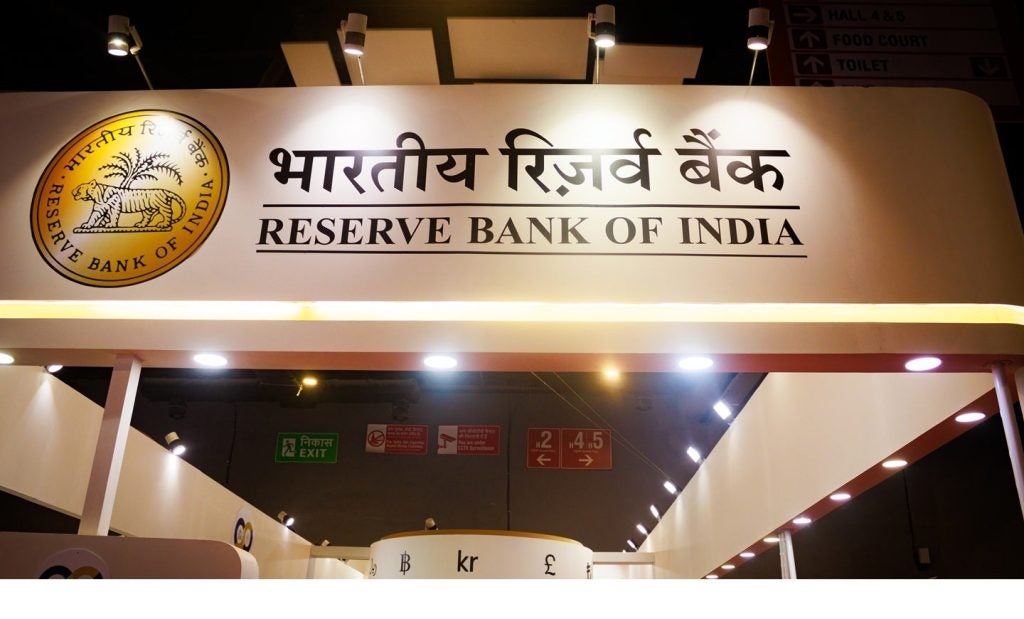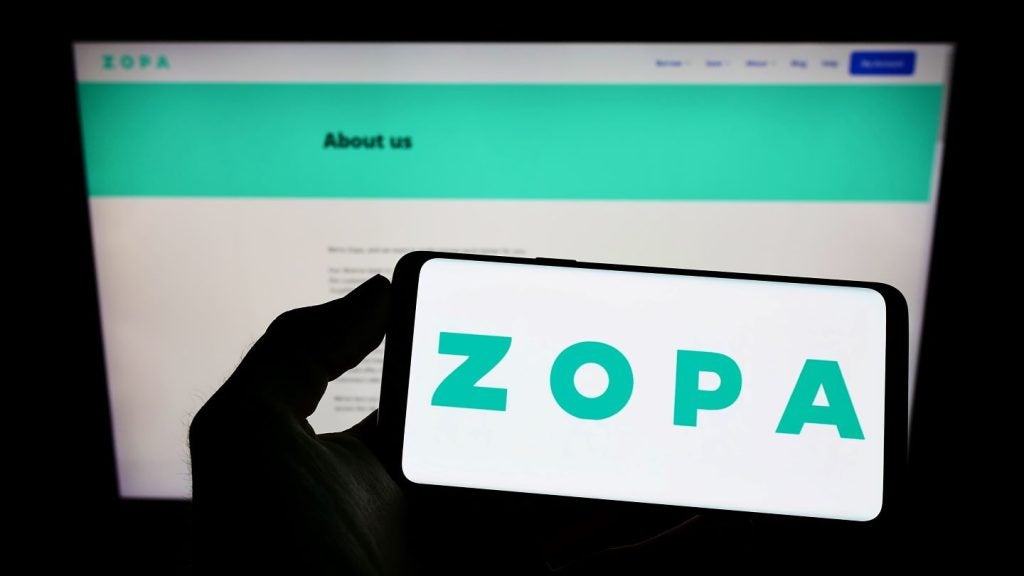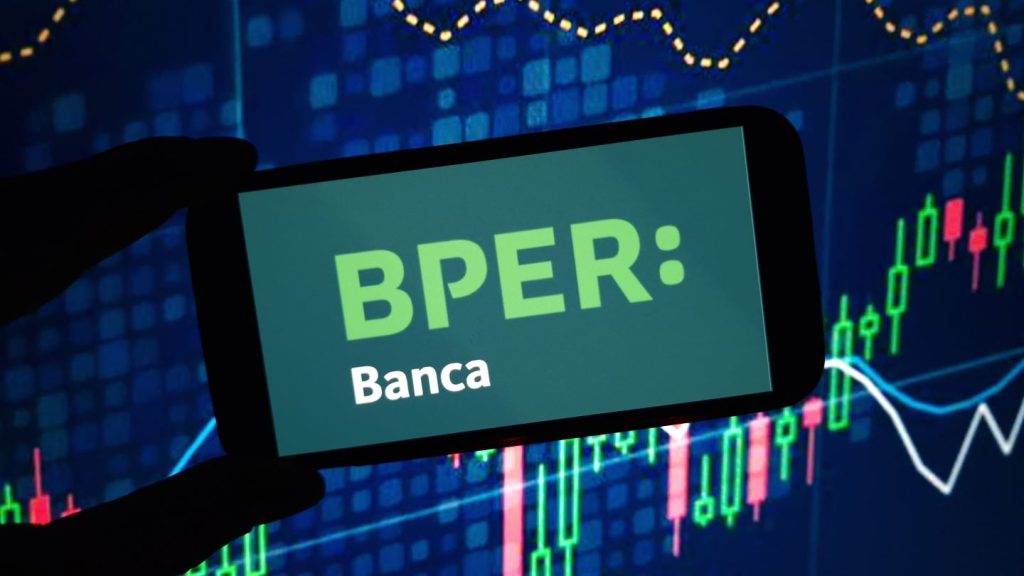In developing markets where the
majority of consumers are unbanked, person-to-person transfers
using a mobile phone have emerged as a powerful and potentially
disruptive payments – and banking – mechanism. The most successful
programme of its type is the M-Pesa service in Kenya, and it has
reported a bumper year.
Safaricom’s wildly successful person-to-person (P2P) and mobile
banking service, M-Pesa, saw the number of registered users
skyrocket from 2.075 million as of March 2008 to 6.175 million at
the end of March this year – an annual growth rate of 198 percent.

More significantly, the amount of money
transferred has ballooned. Some KES120.6 billion ($1.58 billion)
was transferred in the year to March compared to KES14.74 billion
in the previous 12-month period, an annual growth rate of 718
percent.
Kenya’s largest telecommunication services
provider, Safaricom, 40 percent owned by the world’s largest mobile
telecommunications firm, Vodafone, says that there were an average
of 11,580 registrations per day during March 2009 compared to 9,965
in March last year. KES17.29 billion was transferred alone in March
this year, up 454 percent year-on-year.
The service, unsurprisingly, picked up the
Best Mobile Money Service award at the 2009 GSMA Global Mobile
World Awards in Barcelona in February, with one of the judges
stating: “[This is an] accessible and intuitive solution, reflected by an
unprecedented take-up rate for a service of this kind.
“M-Pesa will serve as a blueprint for other
operators around the world. Targeting the unbanked, this provides a
simple means for people to safely transfer and carry money.”

US Tariffs are shifting - will you react or anticipate?
Don’t let policy changes catch you off guard. Stay proactive with real-time data and expert analysis.
By GlobalDataSimple registration
process
Launched in March 2007, M-Pesa lets
people send and receive money via mobile SMS messages and collect
cash at Safaricom outlets and other agencies around Kenya. To open
an account, Safaricom subscribers present their Kenyan national
identity card and complete a simple registration process; the
account ‘identifier’ is the mobile phone number.
Safaricom has cited examples of the various
ways in which M-Pesa is being utilised. These include paying field
sales staff their allowances and expenses; salary payments for
casual workers; a virtual wallet for carrying money safely while
travelling; taxi fare payments; airtime purchases; and
long-distance transfers for medical care, school fees and bail
fees.
Users can deposit and withdraw cash at a
network of 8,650 distribution agents across the country (up from
2,262 in March 2008). They can hold up to KES50,000 in their
account at any one time (it does not earn any interest), and
transact up to KES75,000 per day.
M-Pesa can be used to pay for goods and
services if a particular merchant is able to accept it as a form of
payment, and customers can also pay bills at over 60 partner
companies. The latest company to sign up to bill-pay was the Kenya
Power and Lighting Company.
At the launch, the firm’s CEO, Joseph Njoroge,
described the service as “unique, reliable, convenient and
revolutionary” and said that M-Pesa will be available to its 1.3
million customers.
Given the customer base and extensive
distribution reach, M-Pesa has already been described as ‘Kenya’s
de facto largest retail bank’, despite it not being
regulated as such and deposits do not earn interest.
But a deal signed with Kenya Commercial Bank
(KCB), the country’s actual largest bank, in mid-May, could signal
the start of a much closer relationship with the mainstream banking
community in Kenya. Under the deal, authorised M-Pesa agents can
instantly access M-Pesa when they make cash deposits at the bank,
making the service quicker and more accessible – and easier for
stakeholders to manage cash.
Pilot testing for agent-to-agent transactions
began in February with Safaricom testing the service with 20 agent
outlets and 16 KCB branches in different parts of the country. The
service is now available at all 145 KCB branches and is being
introduced to the near 9,000 M-Pesa agents around the country.
Safaricom’s CEO, Michael Joseph, has said that
Safaricom sees it as “crucial for M-Pesa to form strategic
alliances with banks and other financial institutions” to meet
consumer needs.
38% entirely unbanked
In a report published in April by
VRL, The Business Case for Mobile Banking, a section on
M-Pesa stated that only 19 percent of Kenyans have access to formal
financial services (see RBI 608).
According to a 2007 survey by non-profit
organisation Financial Sector Deepening Trust, a further 43 percent
have access only to informal financial services such as savings
associations and microfinance institutions. Some 38 percent are
entirely unbanked.
The VRL report concluded that, with only 450
traditional bank branches across Kenya, the mobile banking and
payments channel holds great promise as a way to extend financial
access to all market segments.







